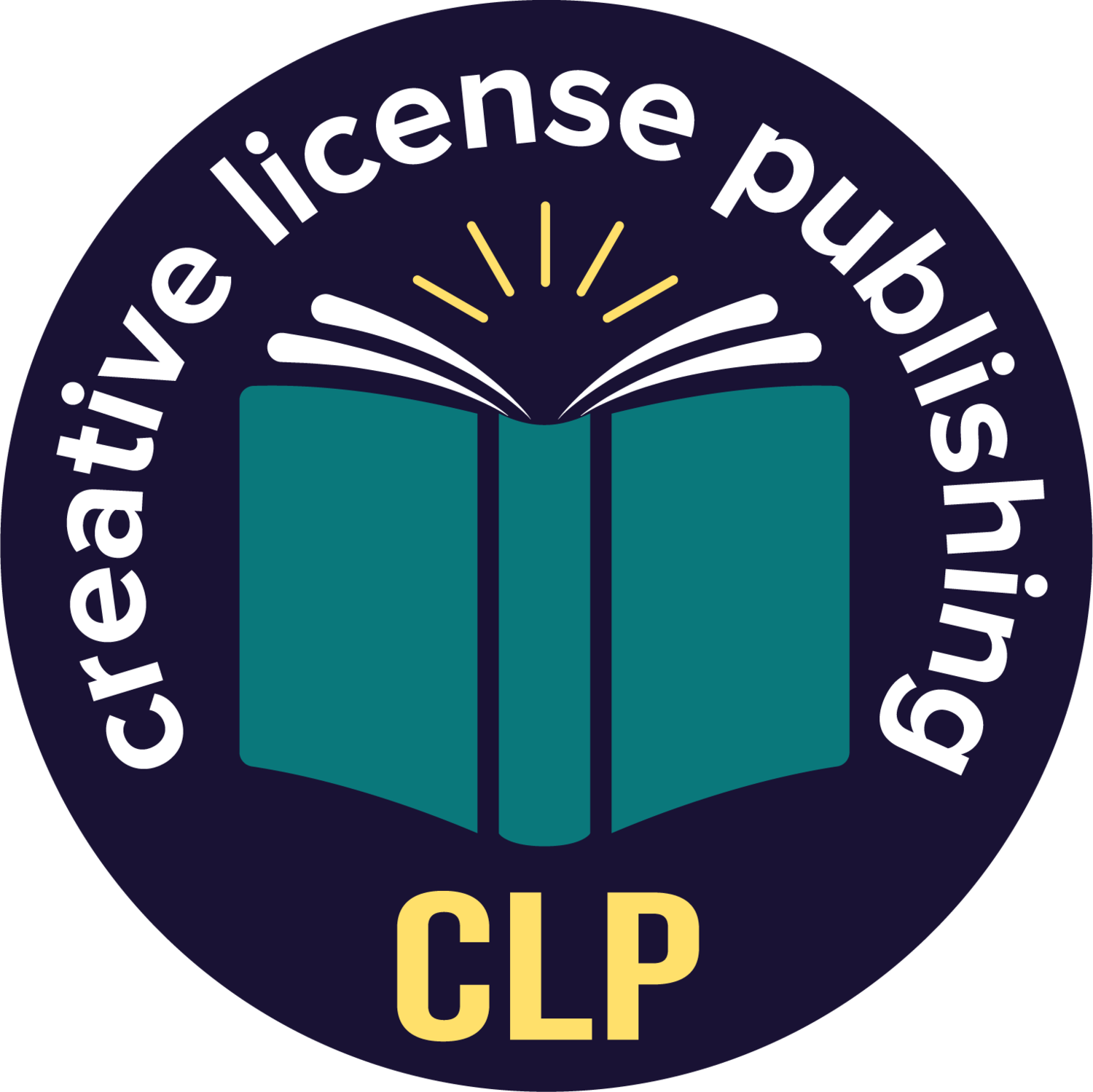Self-reflection and Writing Inspirational Non-fiction
Typically, for motivational non-fiction, the author serves to share critical advice, often based on what they’ve experienced. To be impactful in this genre, you must deliver a story or series of stories that connect the author to the reader. That means, as a writer, you need to allow yourself to be vulnerable and brutally honest. When I communicate this fact to writers, I sometimes get the obligatory head nod and the assured response, “Oh, I tell it like it is! People find me harsh, but I’m just brutally honest.” Words to that effect, usually set off alarms in my head. From my years of experience coaching, editing, and ghostwriting I’m always wary of the person who declares they are truthful to a fault!
If I think about all the non-fiction, self-help authors I’ve worked with, there is a definitive line between the authors who do not walk the talk and those who practice what they preach. Those who personify their message have dug deep and evaluated their past with objectivity. And when they then share that raw and real honesty, they truly connect with their readers. Why? Because it humanizes them, and the reader sees themself in the author. On the flip side, those who have written flat, ineffectual content most times have withheld details and glossed over the memory to make themselves look better, despite their protestations to the contrary.
Funnily enough, I had a writer be nasty and rude when I suggested he consider being more open. With his face on fire and his jerky, nervous movements, I didn’t respond. I let him calm. I’d been down this road with him before. When he did get his emotions in check, he did his usual, “Sorry, I am just telling you like it is.” No, he wasn’t. In fact, the way he reacted flew in the face of his book’s message! People who can’t truly self-reflect hide from the truth and project who they want to be, not who they are.
Now, is that writer a lost cause? Nope. However, as his coach, the onus is on me to change my tactics to get his content to the same place as the writers who are delivering a must-read. Luckily, I have some suggestions. For those who don’t have that writing coach, editor, or ghostwriter to help you craft your word, here are some tips:
• Anecdotal stories that support a premise or message should be raw and real to connect with the reader. When the author is humanized, they connect easily with a reader. Readers don’t want sugarcoated tales they can’t relate to. Therefore, when using personal stories to support a message, follow these steps:
1. The more detail, the better. Spend some time recalling or placing yourselves back in the moment – use all your senses to recall details, especially internal thoughts or feelings.
2. Define the point of the story. For example, you might say: “Being positive has changed my life. I used to be very cynical, and it got me nowhere, but being positive…”
3. Take the previous answer and ask a series of whys until you reach the core of your story. For example, Why were you cynical? The answer might be: “I didn’t trust anyone.” So you will ask: “Why didn’t you trust anyone? Because I was….” You will keep asking why until you get to the core of your issue.
4. Talk with others who also have a perspective on that anecdotal story and listen to their answer. Hear what they are telling you, even if it’s difficult. Employ active listening techniques.
5. Read your story to a trusted individual and ask if they were left with questions. Then, ask them to share those questions with you.
6. Take the answers from step five, and then answer them, and rewrite as necessary.
• Be specific in your advice. Don’t make vague blanket statements that anyone can get from one Google search. Be specific as to steps or ways to adopt your suggestions.
• Play the devil’s advocate and ask where holes exists in your message and address them.
• For the theories or advice you present to the reader, please provide as much detail as possible. Back it up with an anecdotal story (step one), yes, but also share how you’ve been able to help others with this advice. Change names and any qualifying details of the person or get their approval to share the account.
• Be true to your voice. Don’t try to write like anyone else. Don’t think if you try and write like Matthew McConaughey you will be inspiring if your personality is more along the lines of Beth Dutton from Yellowstone. Again, having someone who knows you read the manuscript will help you flush that out.
• Be consistent throughout. Don’t be detailed in one spot and gloss over something else to prevent sharing the truth. It will turn readers off.
No matter where you see yourself, as to your ability to be open and real in your writing, know that it can happen by using the tips above or having a good writing coach, editor, or ghostwriter who can draw it out of you. Just don’t lose faith. If you have information you think will help others, then share it and trust the process of producing must-read content.
Happy Writing!

